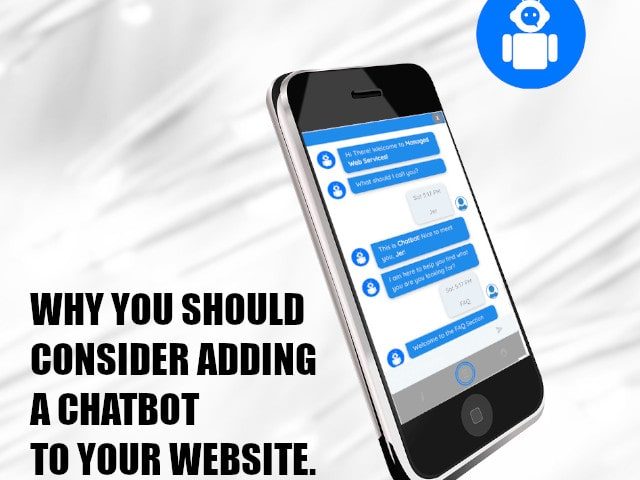What are semantic keywords
What exactly are semantic keywords? Keywords are one of the top three ranking factors used by Search Engines such as Google. With the increasing popularity of Voice Search it is important to make sure that your website is using the right keyword variations to cater to these changes. Voice search is dependent upon something called semantic search. Semantic search is a method search engines use to try to understand the intent behind the search term. “Semantics” simply refers to the meaning or interpretation of a word or phrase. Semantic search tries to understand what you mean when you use particular search term or keyword phrase.
Semantic keywords
There are different types of keyword, focus keywords are your primary keywords, long-tail keywords are more precise and often indicate an intention to purchase. It is important to thoroughly research keywords to find the actual terms that people are using to search. Today we will explain how to find the right semantic keywords and how to use them to create content for your website. As you might expect the method to find the best semantic keywords is very similar to finding keywords in general. Lets start with Google search.
Use Google to create a list of core keywords
Start with essential terms and phrases related to your business and enter them into Google. When you start entering your keywords Google will offer a drop down menu of four related keywords, based on the most popular related searches. At the foot of the search page you will find more searches related to your keywords. All these keywords are semantically related and popular with searchers. Compile a list of semantically related keywords and enter more variations of your original keywords into Google to generate more related search terms to add to your list.
Expand your list to include conceptually related terms
There will be a number of keywords that are related to your core keywords which are not variations of the keyword themselves. For example if your keyword was “Shoes” you might want to include the terms footwear, sandals, moccasins, slippers, high heels, etc. Enter those related keyword terms into Google as for step one.
Generate keywords that answer questions
When people search the internet they are looking for answers to questions.
You want your keywords to be answers to those questions. Use Google to help generate those answers for you. Select a keyword from your list and enter it into Google and add the word “for”. Using our shoes example, you might enter the phrase “moccasins for” that would generate a drop down list with “moccasins for women”, “moccasins for kids”, “moccasins for babies” and “moccasins for ladies”. At the foot of the search page they will be more related search terms. All these are answers to the question “moccasins for”. You can use other variations on “moccasins for”, try “moccasins and” and repeat the process. Try “moccasins versus” etc. There is a free online tool that you can use to help with this process called answerthepublic.com. to help speed up this process.
Create articles for your website based on these candidate answers
You should now have a list of semantic keywords based on the most popular searches that people are using related your particular subject. You should now be able to order that list into subcategories. You should be able to select one or two keyword phrases for each category. For example create a moccasins subcategory with the keywords “moccasins versus slippers” and “moccasins for kids”. It should now be relatively simple to create a short article about buying moccasins for kids using the semantic keyword phrases.
A final word of Advice
When writing your article, remember to write it for people to read not search engines. You have researched popular semantic keywords, that will appeal to the search engines and help your web pages rank well. Your target audience, potential customers will penalise your web page by leaving, if you do not meet their expectations, and if your copy is not easy to read. The search engines will penalise your web page, by dropping it down the rankings if you try to stuff your copy with keywords, make sure you use them appropriately.




